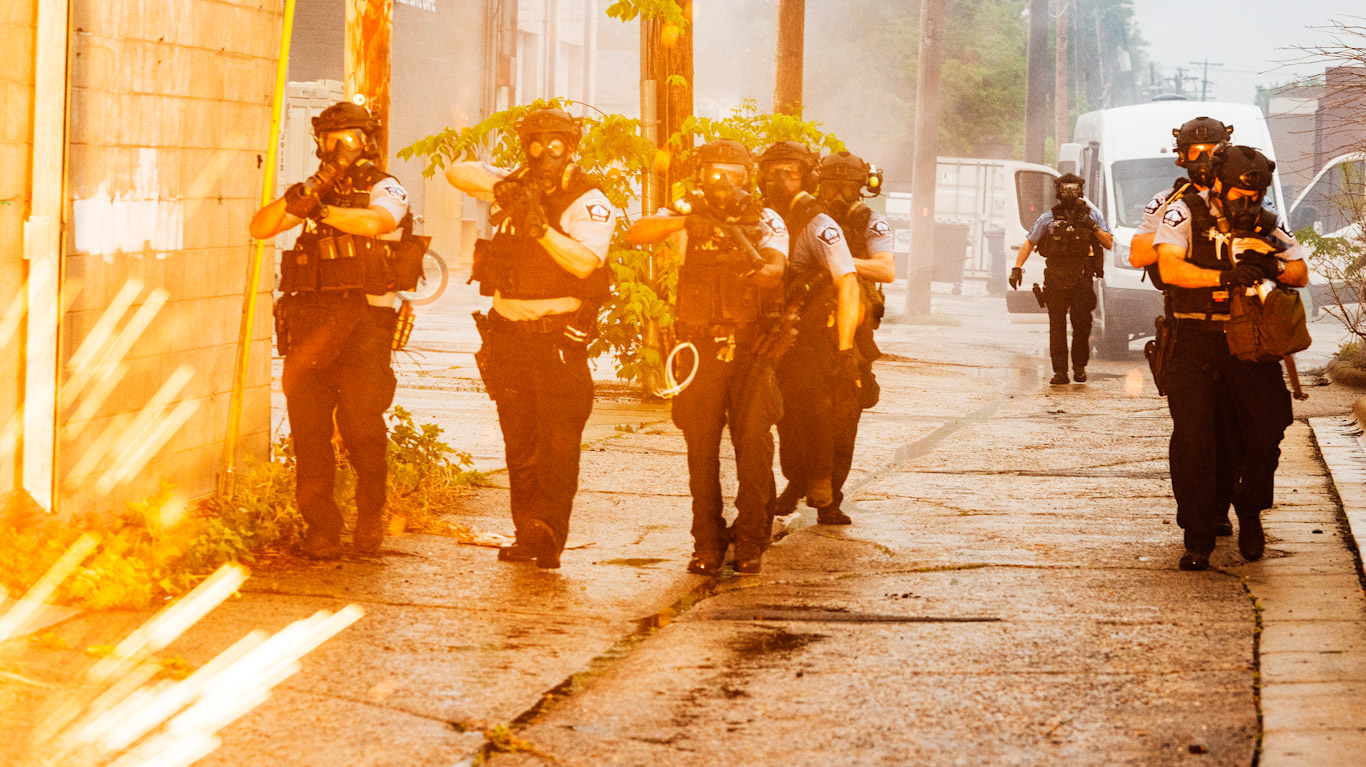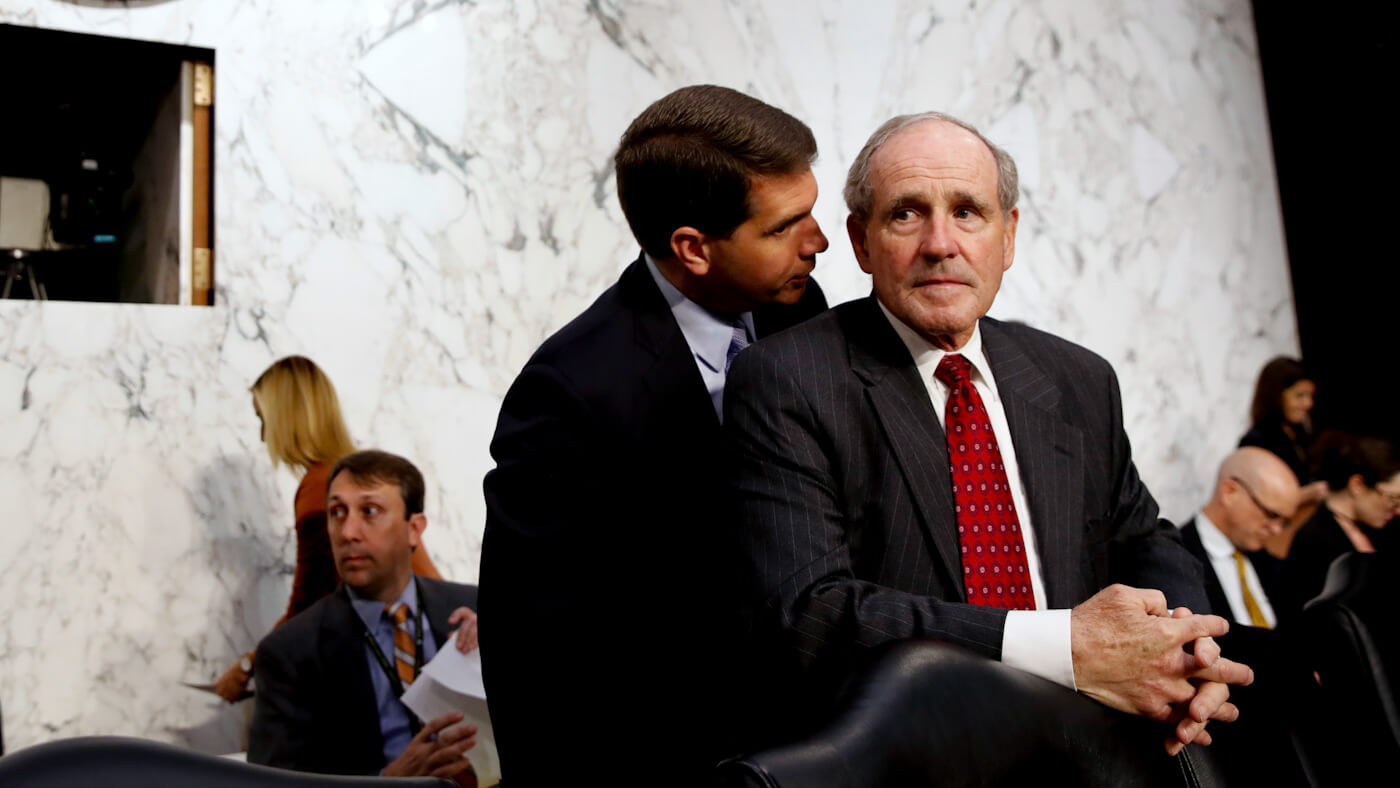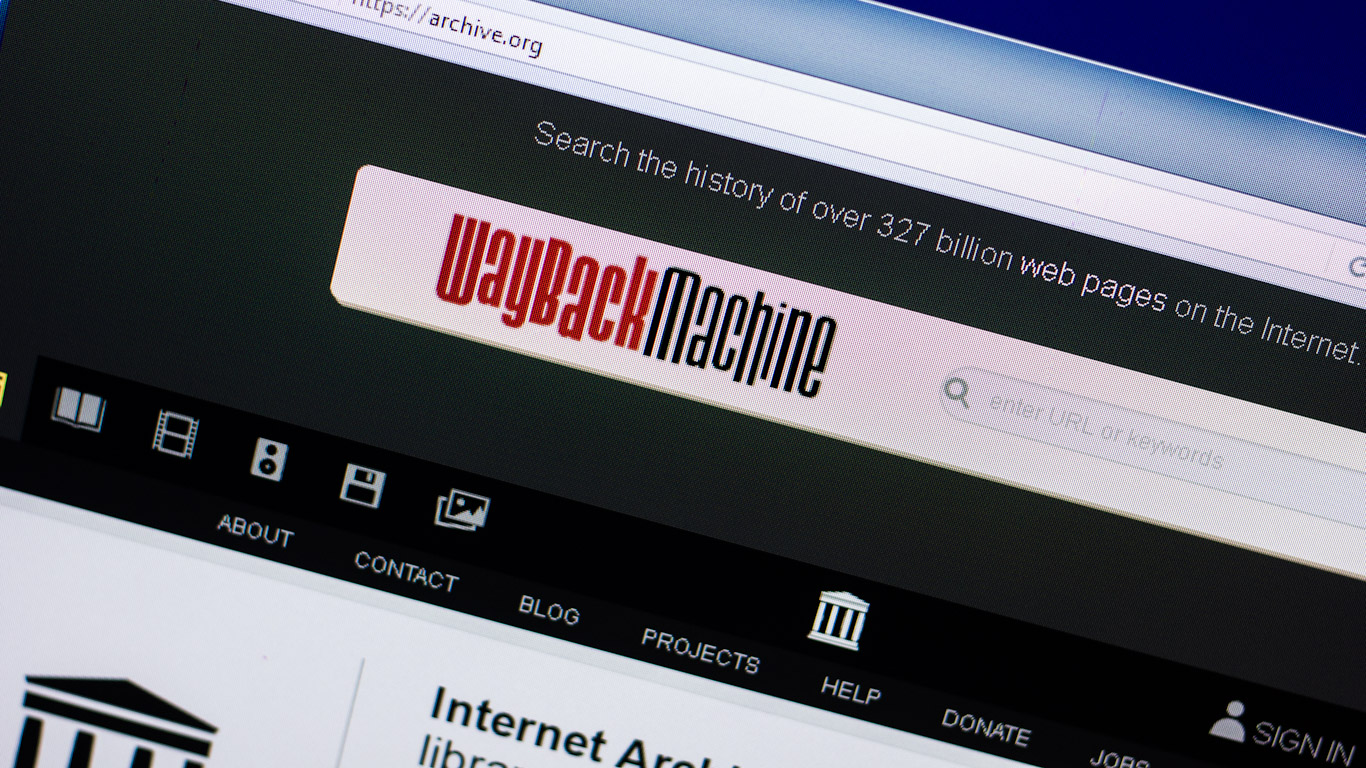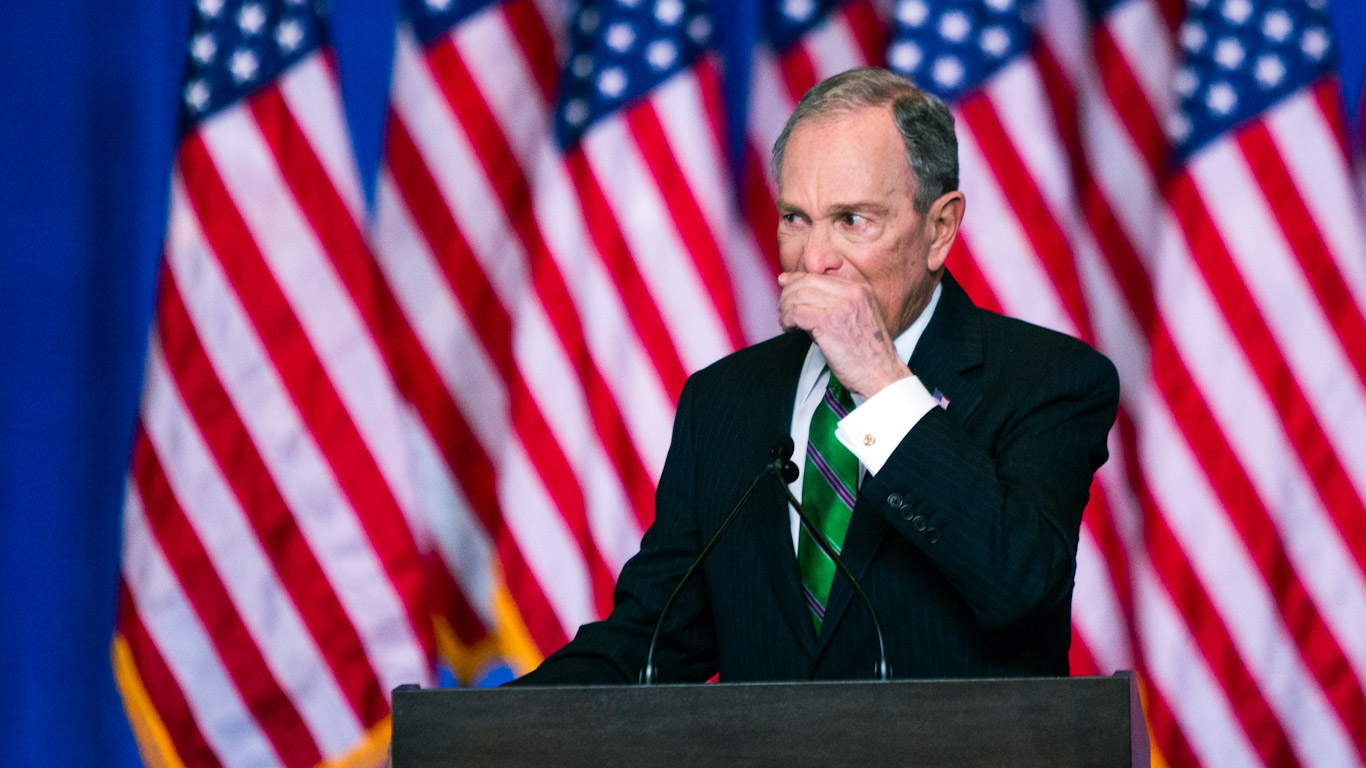News aggregator websites play critical role in driving readers to media outlet websites

News aggregators help to simplify consumers' search for news stories by gathering content based on viewing history or other factors. Commonly used aggregators include Google News, Yahoo! News, and others. They offer links to news stories published by news outlets and save consumers considerable time and effort in finding news.
New research in the INFORMS journal Marketing Science examined the relationship between the two, specifically data compiled after the shutdown of 'Google News' in Spain in December 2014. The study, "What do news aggregators do? Evidence from 'Google News' in Spain and Germany," was conducted by Joan Calzada of the University of Barcelona and Ricard Gil of Queen's University. It found daily visits to Spanish news outlets dropped between 8 and 14%, relative to news outlets in France and Italy where Google News remained active.
"Amidst the growing importance of online platforms, news aggregators are one of the most successful new players in the Internet's new era, quickly rising to occupy top positions in audience rankings," said Calzada, a professor in the Department of Economics and BEAT at the University of Barcelona.
News outlets can opt out of aggregators by using software that blocks the links to the content, but most publishers want to be indexed even without receiving economic compensation for the use of their content.
Despite initial turmoil and initiative to impose indexing fees on news aggregators, traditional news outlets around the world have been silent about aggregators' indexing practices because of their potential effects on consumers' browsing behavior, and in conjunction, advertising revenues.
The research suggests measurable consequences of website activity without aggregators. News aggregators increase consumers' awareness of news outlet content, thereby increasing their number of visits.
"Aggregators create a market expansion effect by bringing visitors to news outlets, but they can also generate a substitution effect if some visitors switch from the news outlets to the aggregators," continued Calzada.
The data from the shutdown period showed sports and regional outlets were affected the most, while having a lower effect on national outlets and no significant effect on business outlets. The evidence suggests that smaller and geographically local outlets benefit the most from news aggregators. The study also shows that the shutdown decreased online advertising revenue and advertising intensity at news outlets.
More information: Joan Calzada et al, What Do News Aggregators Do? Evidence from Google News in Spain and Germany, Marketing Science (2019). DOI: 10.1287/mksc.2019.1150





